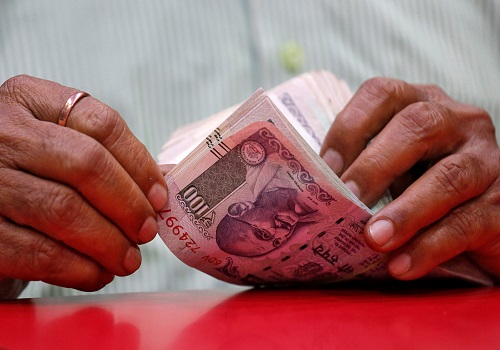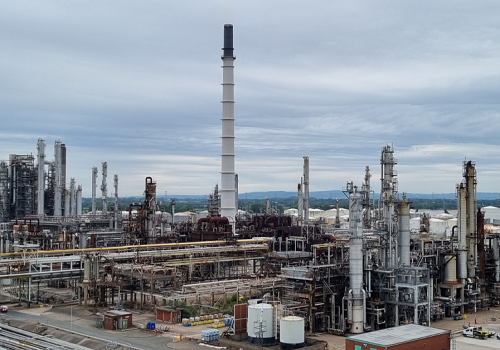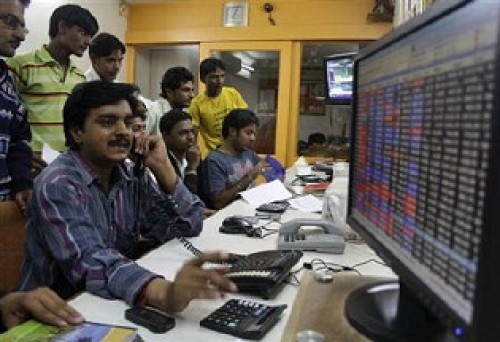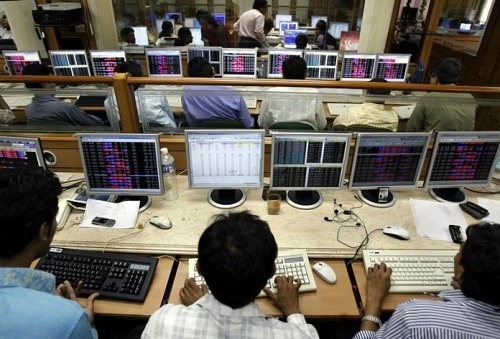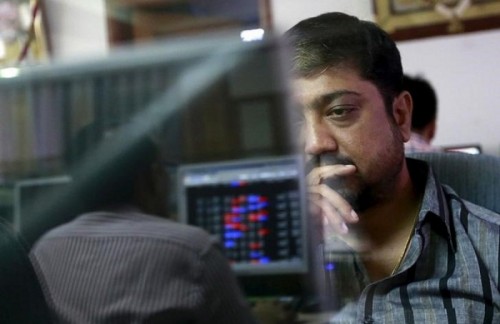Key gauges end last trading session of FY22 on lower note
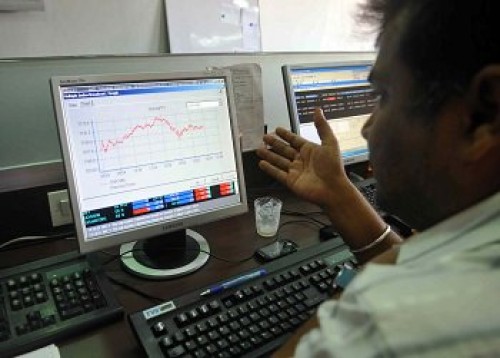
Follow us Now on Telegram ! Get daily 10 - 12 important updates on Business, Finance and Investment. Join our Telegram Channel
Indian equity benchmarks ended the last trading session of the financial year 2021-22 (FY22) on a lower note, on the back of negative cues from other Asian markets. Key indices made positive start as traders took some support with the International Monetary Fund stating that India, which has received a record number of foreign direct investment during the last few years despite COVID-19 crisis, has quite a few safeguards in place to mitigate the risks from capital flows. Some optimism also came with Union Minister of State for Commerce Anupriya Singh Patel’s statement that India’s export of agricultural products have touched $40.87 billion in the first 10 months of the current fiscal and it is 25.14 percent more than the financial year. Traders took note of union Minister of State for MSME Bhanu Pratap Singh Verma’s statement that Government has been putting special focus to bring MSMEs into the defence supply chain and thereby boosting self-reliance of the country. He said MSMEs can also contribute to the rapidly increasing defence exports market.
However, key gauges gave up early gains to settle lower, as traders got anxious as India Ratings and Research (Ind-Ra) lowered India’s Gross Domestic Product (GDP) growth forecast to 7-7.2 per cent for FY23, from 7.6 per cent projected earlier, citing the rising uncertainty over Russia-Ukraine war and the resultant dampening of consumer sentiment. Some concern also came amid private report stating that after the record USD 23 billion of additional investments in the domestic equities in FY21, foreign funds have massively slashed their fresh exposure to the country to USD 3.7 billion in FY22, also pairing down their holdings in NSE500 to 19.9 per cent or worth USD 582 billion, down from their peak of 21.4 per cent. Adding to the pessimism, petrol and diesel prices were hiked by 80 paise a litre each, taking the total increase in rates in the last 10 days to Rs 6.40 per litre. Rates have been increased across the country and vary from state to state depending upon the incidence of local taxation. This is the ninth increase in prices since the ending of a four-and-half-month long hiatus in rate revision on March 22.
On the global front, European markets were trading lower as sentiment remains impacted by the geopolitical crisis in the region that continues unabated. Fears of a fresh offensive in eastern Ukraine and the attacks that continue despite the pledge to cut down on military operations dampened hopes of a progressive outcome form the peace talks. Asian markets ended mostly in red on Thursday as sentiment was dampened amidst a drop in China's PMI readings. Both manufacturing and services PMI swung to negative territory amidst a harsh lockdown to combat the Covid-19 outbreak. Back home, jewellery industry stocks were in focus as rating agency Crisil said the revenue of gold jewellery retailers is likely to increase by 12-15 per cent in 2022-23 on steady demand and sustained high prices of gold. There were some reaction in infrastructure industry stocks as the government said that under the guidance of the Department for Promotion of Industry and Internal Trade (DPIIT), 787 new projects with an investment value of Rs 19.6 lakh crore have been brought on the Project Monitoring Group (PMG) for monitoring in FY22 and 44 projects with an investment value of Rs 1.25 lakh crore have been commissioned.
Finally, the BSE Sensex fell 115.48 points or 0.20% to 58,568.51 and the CNX Nifty was down by 33.50 points or 0.19% to 17,464.75.
The BSE Sensex touched high and low of 58,890.92 and 58,485.79, respectively. There were 15 stocks advancing against 15 stocks declining on the index.
The broader indices ended in green; the BSE Mid cap index rose 0.29%, while Small cap index was up by 0.31%.
The top gaining sectoral indices on the BSE were Telecom up by 1.90%, FMCG up by 1.12%, Power up by 0.88%, Utilities up by 0.73% and PSU up by 0.42%, while Healthcare down by 0.98%, Metal down by 0.43%, IT down by 0.33%, TECK down by 0.18% and Energy down by 0.09% were the top losing indices on BSE.
The top gainers on the Sensex were Mahindra & Mahindra up by 1.95%, Hindustan Unilever up by 1.66%, Axis Bank up by 1.39%, Indusind Bank up by 0.93% and Bharti Airtel up by 0.80%. On the flip side, Reliance Industries down by 1.46%, Wipro down by 1.44%, Dr. Reddy's Lab down by 1.04%, Ultratech Cement down by 0.59% and Infosys down by 0.55% were the top losers.
Meanwhile, Citing the rising uncertainty over Russia-Ukraine war and the resultant dampening of consumer sentiment, India Ratings and Research (Ind-Ra) has lowered India’s Gross Domestic Product (GDP) growth forecast to 7-7.2 per cent for FY23, from 7.6 per cent projected earlier. It said that since the duration of the war continues to be uncertain, in the first scenario crude oil prices could remain elevated for three months, and in the second case for six months.
India Ratings chief economist Devendra Pant and principal economist Sunil Kumar Sinha said if crude prices remain high for three months, FY23 GDP could grow by 7.2 per cent; in case it lasts longer, then growth will be 7 per cent, down from 7.6 per cent projected earlier. They said the size of the economy in FY23 will be 10.6 per cent and 10.8 per cent lower than the FY23 GDP trend value in these two scenarios, respectively.
Ind-Ra expects private consumption spends to grow at 8.1 per cent and 8 per cent in scenario 1 and 2, respectively, in FY23, as against its earlier projection of 9.4 per cent. Similarly, investment demand, as measured by the gross fixed capita formation, is the second-largest component (27.1 per cent) of GDP from the demand side. Private capex by large corporates, which has been down and out over the past several years, has shown some promise lately in view of the rollout of the production-linked incentive scheme and increased manufacturing sector capacity utilisation driven by higher exports.
However, it expects the surge in commodity prices and disruptions in global supply chain caused by the Ukraine war to take a toll on sentiments and it’s likely this capex may get deferred till more clarity emerges with respect to the conflict. However, government capex is unlikely to be dented. On the inflation front, it warn that a 10 per cent rise in oil prices without factoring in currency depreciation, is expected to push up retail inflation by 42 bps and wholesale inflation by 104 bps. Similarly, a 10 per cent jump in sunflower oil without factoring in currency depreciation is expected to push retail inflation by 12.6 bps and wholesale inflation by 2.48 bps. Both these events can increase the retail and wholesale inflation by 55 bps and 109 bps, respectively.
The CNX Nifty traded in a range of 17,559.80 and 17,435.20. There were 20 stocks advancing against 30 stocks declining on the index.
The top gainers on Nifty were JSW Steel up by 2.24%, Mahindra & Mahindra up by 2.10%, Britannia Industries up by 1.92%, Axis Bank up by 1.53% and Tata Consumer Product up by 1.50%. On the flip side, Hindalco down by 4.75%, Divi's Lab down by 2.53%, Apollo Hospital Enterprise down by 2.01%, Dr. Reddy's Lab down by 1.41% and Reliance Industries down by 1.38% were the top losers.
European markets were trading lower; UK’s FTSE 100 decreased 12.09 points or 0.16% to 7,566.66, France’s CAC decreased 21.21 points or 0.31% to 6,720.38 and Germany’s DAX decreased 23.78 points or 0.16% to 14,582.27.
Asian markets ended mostly in red on Thursday tracking weakness in Wall Street overnight as optimism around the peace talks between Ukraine and Russia faded and concerns grew over the prospect of rapid rise in interest rates hurting US economic growth. Chinese shares settled lower amidst drop in China's PMI readings following the shutdown of much of Shanghai and two smaller industrial cities to fight the Covid-19 outbreak. Data showed that the purchasing managers' index (PMI) for China's manufacturing sector fell to 49.5 in March from 50.2 in the previous month and below expectations of 49.9. While, the PMI for China's non-manufacturing sector suffered a sharper drop to 48.4 in March, from the previous reading of 51.6
Above views are of the author and not of the website kindly read disclaimer
.



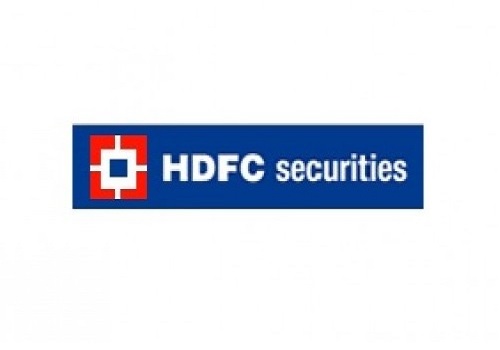

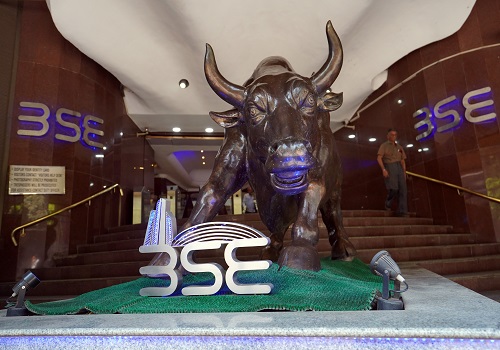



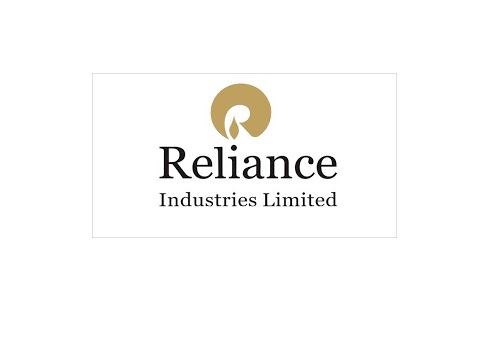
Tag News

Weekly Market Analysis : Markets strengthened recovery and gained nearly 2% in the passing w...







